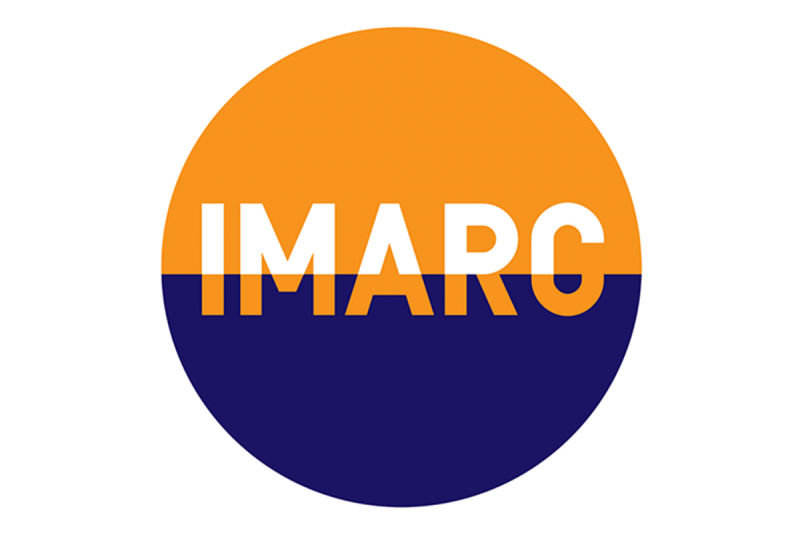As the global demand for critical minerals continues to rise, the need for alternative financing options for critical minerals projects has become increasingly important. Traditional sources of investment such as banks and private equity firms may not always be readily available or suitable for these projects. In order to meet the challenges of financing critical minerals projects, industry players are exploring new and innovative funding avenues.
One emerging trend in the financing of critical minerals projects is the rise of streaming and royalty agreements. These financial instruments allow investors to provide upfront capital to mining companies in exchange for a percentage of the future production of the project. Streaming agreements in particular have gained popularity in recent years as a way to secure funding for mining projects without taking on the risks associated with traditional debt financing.
Another alternative financing option for critical minerals projects is crowdfunding. This method involves raising capital from a large number of individual investors, often through online platforms. Crowdfunding allows project developers to access funding from a wide pool of investors who are interested in supporting the development of critical minerals projects. This approach can also help to raise awareness about the importance of these projects and engage the public in the mining industry.
In addition to streaming agreements and crowdfunding, strategic partnerships with governments, development banks, and other industry stakeholders can also play a crucial role in financing critical minerals projects. By forming partnerships with entities that have a vested interest in the success of these projects, mining companies can access additional sources of funding, technical expertise, and market knowledge that can help to accelerate project development.
Furthermore, the growing interest in environmental, social, and governance (ESG) initiatives has led to the development of impact investing as a viable financing option for critical minerals projects. Impact investors seek to generate a positive social or environmental impact alongside financial returns, making them an attractive source of funding for projects that align with their values and objectives. By prioritizing ESG considerations in their project development plans, mining companies can appeal to impact investors and access capital that might otherwise be unavailable to them.
In conclusion, the financing of critical minerals projects presents unique challenges that require innovative solutions. By exploring alternative financing options such as streaming agreements, crowdfunding, strategic partnerships, and impact investing, mining companies can secure the funding needed to develop these essential resources sustainably and responsibly. As the demand for critical minerals continues to grow, leveraging diverse sources of capital and expertise will be essential for the success of these projects in the future.
